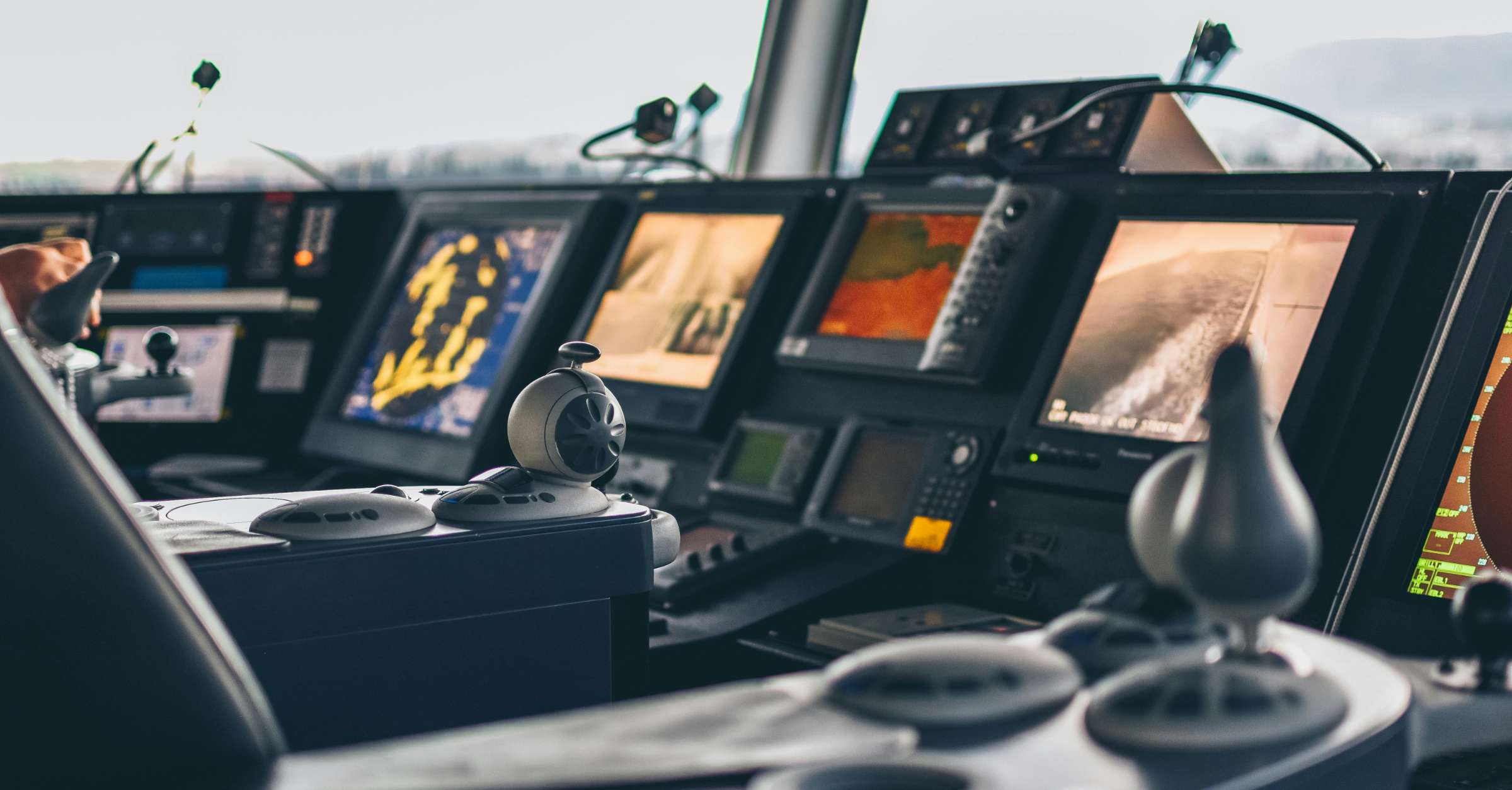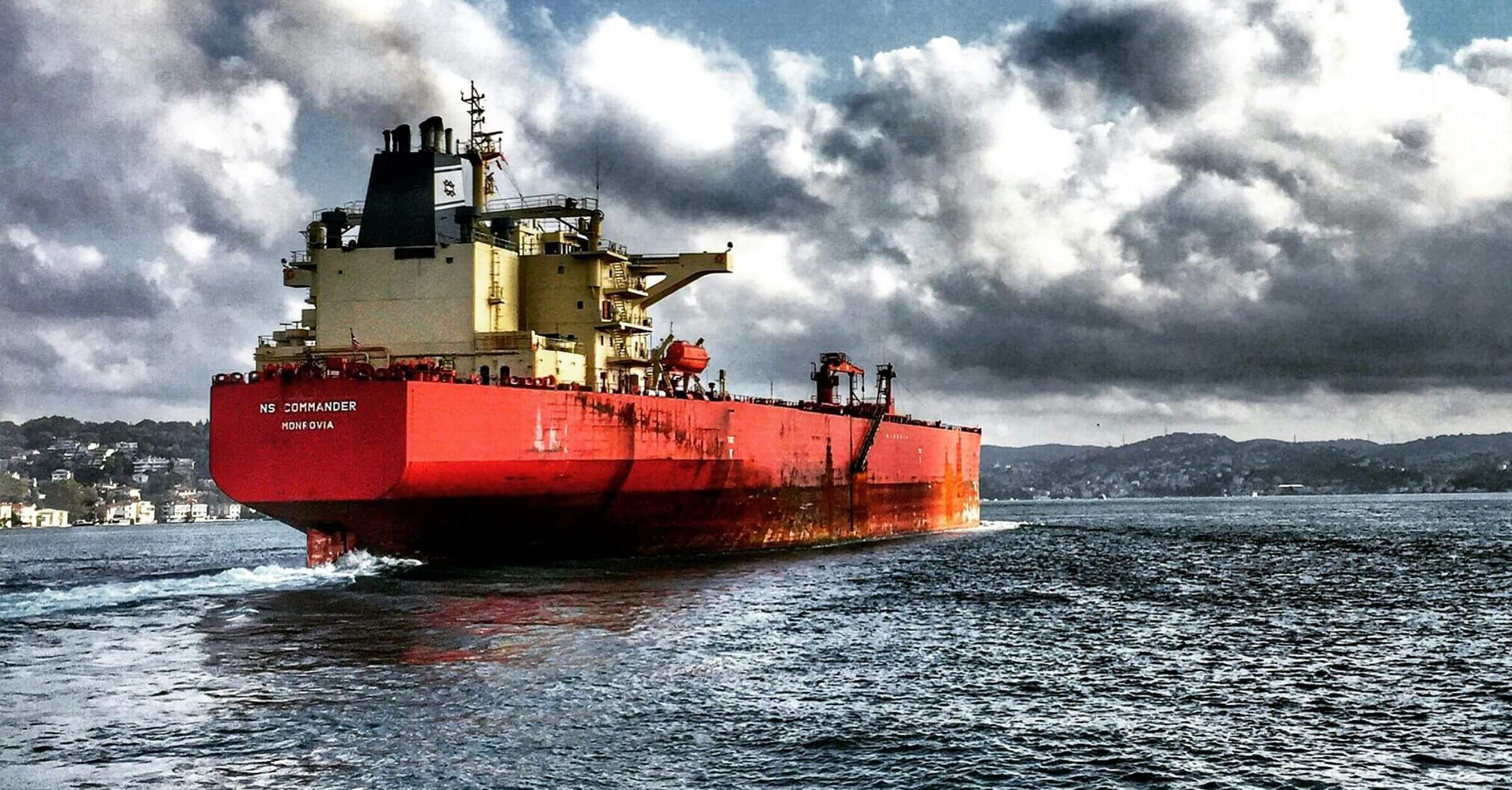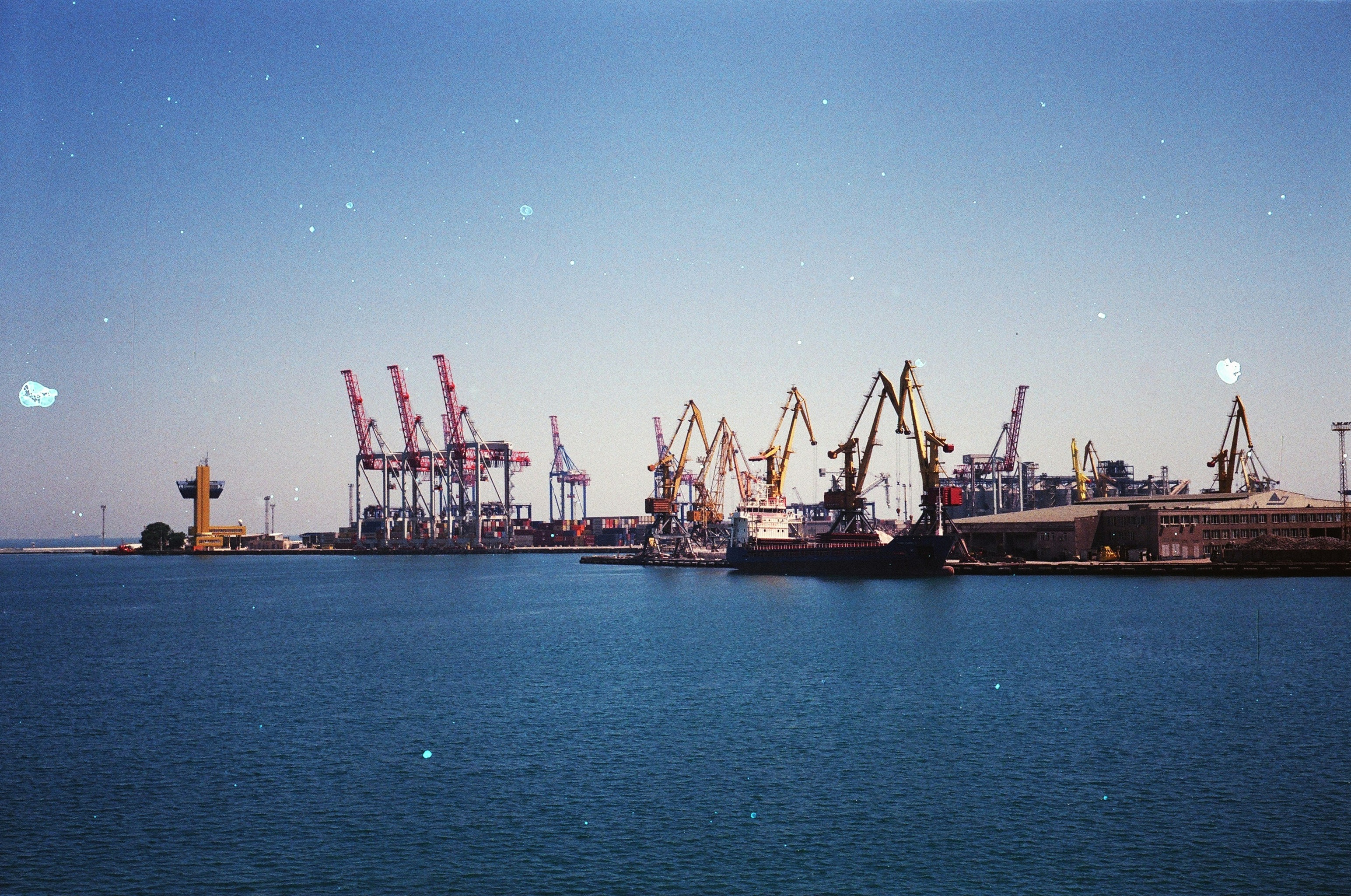FuelEU Maritime: What shipping operators need to know
With the introduction of FuelEU Maritime, the shipping industry faces another major shift toward decarbonization.

Aimed at reducing greenhouse gas intensity across maritime transport, FuelEU Maritime raises new demands for fuel monitoring, emissions reporting, and long-term strategy.
What is FuelEU Maritime?
FuelEU Maritime is part of the EU’s Fit for 55 package and is designed to drive down emissions from shipping by regulating the greenhouse gas (GHG) intensity of fuels used on board. Unlike the EU ETS, which addresses tank-to-wake emissions, FuelEU takes a well-to-wake approach, covering emissions from production to combustion.
Starting in 2025, the regulation sets a baseline: a 2% reduction in GHG intensity compared to 2020, rising incrementally to 80% by 2050. It applies to 100% of energy used on intra-EU voyages and 50% for international legs to/from EU ports.
Compliance can be achieved through cleaner fuels, operational efficiencies, onshore power use, or strategic options like pooling and banking of compliance margins.
Why it matters
Monitoring fuel use has moved from operational convenience to regulatory necessity. With FuelEU, shipowners not only need to know what they’re burning: they need to prove it, and understand the emissions implications of each fuel type.
That means collecting accurate data on energy consumption, fuel origin, and emissions profile, while ensuring that records are verifiable and audit-ready.
This isn’t new ground for the EU, which already mandates emissions tracking via the Monitoring, Reporting and Verification (MRV) system. But FuelEU introduces new requirements, especially for ships that may not yet be covered under existing frameworks.
Common pitfalls
Emil Pamer, Head of Development at The Ship AS, points to a familiar problem: “Data quality. Misreported bunker deliveries, inconsistent Remaining on Board (ROB) entries, and missed logbook data can all distort the big picture.”
He recommends systems that cross-check manual entries with sensor data and consumption patterns. This helps operators flag anomalies early - whether it’s a missing bunker report or unexpected increases in drag due to biofouling. Accurate data isn’t just about compliance - it can reveal inefficiencies that cost real money.”
Operational gains
While regulatory pressure is driving change, the benefits go beyond avoiding penalties. With better fuel and port-call data, some operators are already seeing gains such as reduced port turnaround times, and more informed decision-making around route planning and hull maintenance.
Real-time monitoring helps both ship and shore teams react quicke. Not just in planning, but in actively managing operations as they unfold.”
What to do now
FuelEU compliance begins with understanding your fleet’s GHG intensity profile, and knowing which changes will deliver the best ROI.
Digital tools are increasingly essential in this space. They allow operators to:
- Simulate compliance scenarios (e.g., switching to biofuels, installing wind-assisted propulsion).
- Track well-to-wake emissions per fuel type.
- Automate reporting and integrate MRV/ETS data into one compliance workflow.
- Identify trends across voyages, ships, and ports.
Doing nothing will become expensive fast. FuelEU adds a cost to high-emission operations. Operators need to understand their position now to make informed decisions.
The road ahead
The first reporting period begins in 2025, and additional milestones follow:
- 2025: Cargo ships between 400–5,000 GT enter MRV
- 2030: Shore power becomes mandatory at berth
- 2034: Synthetic fuel quotas may be introduced if adoption lags
More regions may adopt similar rules, especially if the IMO follows suit. Future competitiveness may depend on how quickly companies adapt.
Final thoughts
FuelEU Maritime represents a shift in how fuel is managed and measured in shipping. While the regulation adds complexity, it also creates an opportunity for operational insight and emissions reduction. We at The Ship work to simplify the complex, helping our customers getting ahead of the problem, rather than reacting to changes in regulation when they happen.

The Operational Data Layer

Why Shipping’s Digital Future Starts with a Vessel Reporting System

Why the Statement of Facts is Essential in Shipping Operations
Get in touch
Have any questions about The Ship VRS? Don't hesitate to reach out to our sales team.

